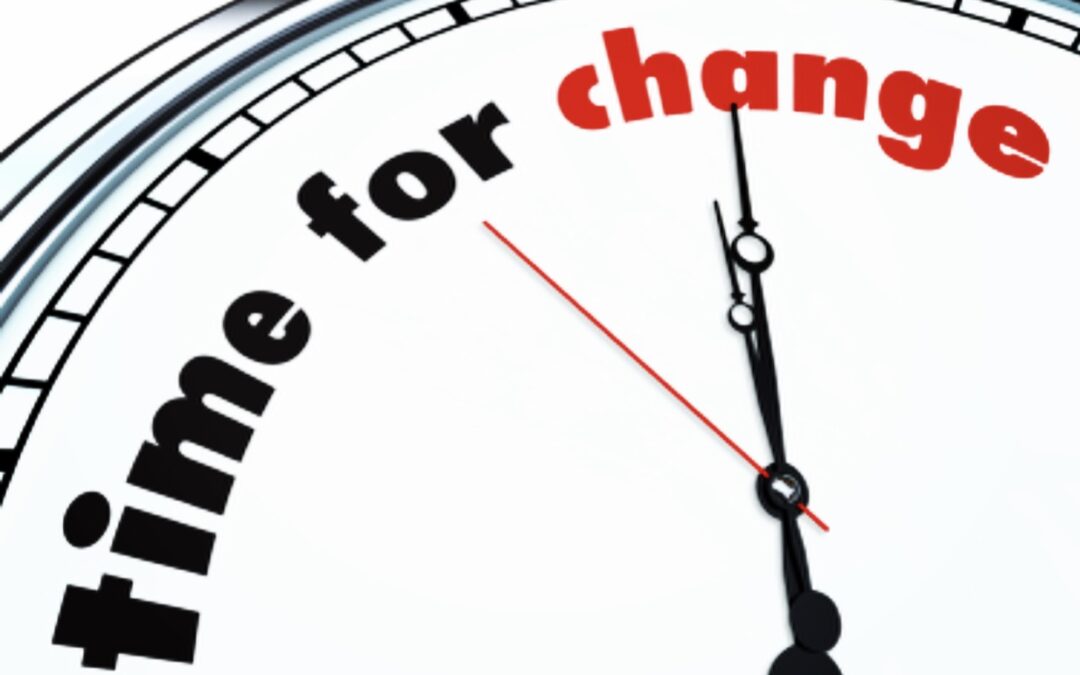All positive changes start with a positive attitude, a determination to succeed and the belief that you can. If you’re ready to change, tell yourself, “I can!”
Have you heard the famous quote by Henry Ford, “Think you can, think you can’t; either way, you’ll be right?” I have seen this quote written a few different ways, but the meaning is the same. And, it’s true! The idea that we need to believe in ourselves to have success can be identified as far back as Henry Ford’s famous quote. But, it was in 1977, when Self-efficacy: Toward a unifying Theory of Behavioral Change by Albert Bandura” was published, that the idea became really popular.
Taking Personal Responsibility Is A Positive Step
As a registered dietitian, I work with private clients on weight management and sports performance issues weekly. When I first meet with clients in my office, I start with these very important questions:
Why are you here?
What is your expectation of me {as your dietitian}?
Do you believe you can obtain your goals?
Who or what is holding you back from your goal right now?
These questions may seem simply, but the responses give me far more information than you may think. That’s because, attitude is everything when it comes to getting what you want in life. Whether you want to be faster, stronger or leaner, believing that you can obtain your goal is a key determinant of whether or not we’ll be successful.
If you blame others for your lack of success, or you expect someone else to “fix you”, you’ve already set yourselves up for failure. If you are plagued with self-doubt, chances are, you won’t succeed.
A Positive Attitude Requires Self-Efficacy
Setting goals is the easy part. Creating a plan to achieve the goal is the challenging part. And, beyond that, an individual’s self-efficacy plays a major role in how goals, tasks, and challenges are approached.
Albert Bandura describes individuals with a strong sense of efficacy as people that:
- approach difficult tasks as challenges to be mastered
- set challenging goals and maintain a strong commitment to them
- heighten & sustain their efforts in the face of failure
- quickly recover from setbacks and disappointments
- attribute failure to insufficient effort or deficient knowledge & skills which are acquirable (i.e. they take personal responsibility and do not place blame on others)
In contrast, he describes people will poor self efficacy as people that:
- shy away from difficult tasks, which they view as personal threats
- have low aspirations and weak commitment to the goals they choose to pursue
- dwell on their personal deficiencies & the obstacles they will encounter
- give up quickly
- are slow to recover from failure or setbacks
So, where do you fall?

Daily Positive Self-Talk
Whether or not you have a strong sense of self- efficacy often dates back to your childhood experiences. It’s not something that you can change overnight. However, learning to have a positive attitude is something you can start now. Start by practicing daily positive self talk. It is a choice to be positive and happy. And, It’s a choice to live a healthy lifestyle. You have to talk to yourselves every day and say the positive words out loud.
So, repeat after me: I will squeeze in 60 minutes of physical activity on most days of the week. I am in charge of my decisions, and I can make positive changes.
What’s your personal goal? You can add that here! ________________________________.
See that! You are on your way already!



 Hi, I’m Heather – a registered dietitian, busy mom, consultant, adventure junkie and travel addict who has mastered living healthy on the go. My blog is where I share simple recipes and healthy living tips to help and inspire others to live their best life.
Hi, I’m Heather – a registered dietitian, busy mom, consultant, adventure junkie and travel addict who has mastered living healthy on the go. My blog is where I share simple recipes and healthy living tips to help and inspire others to live their best life.